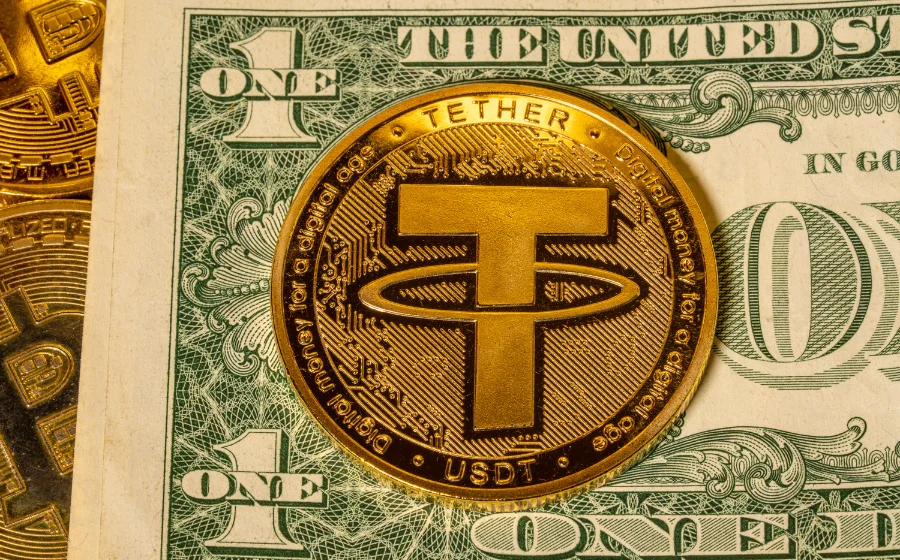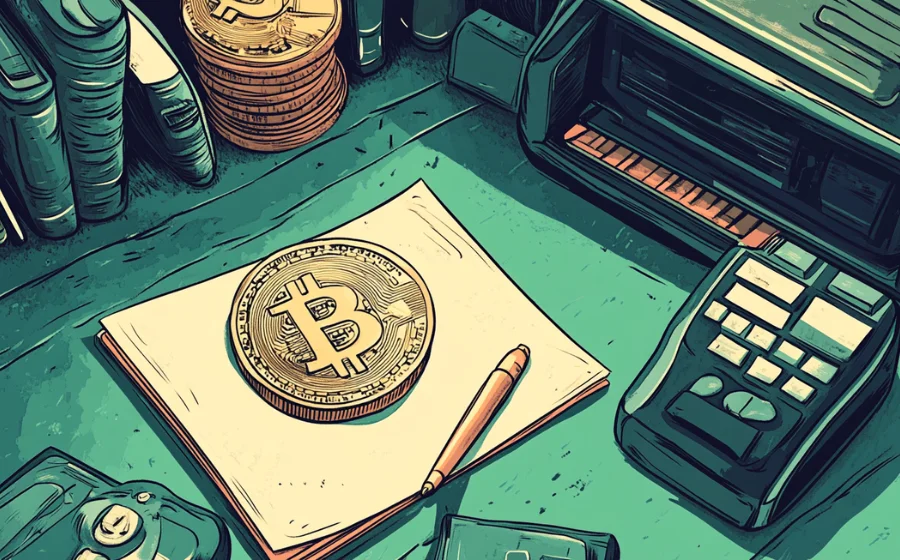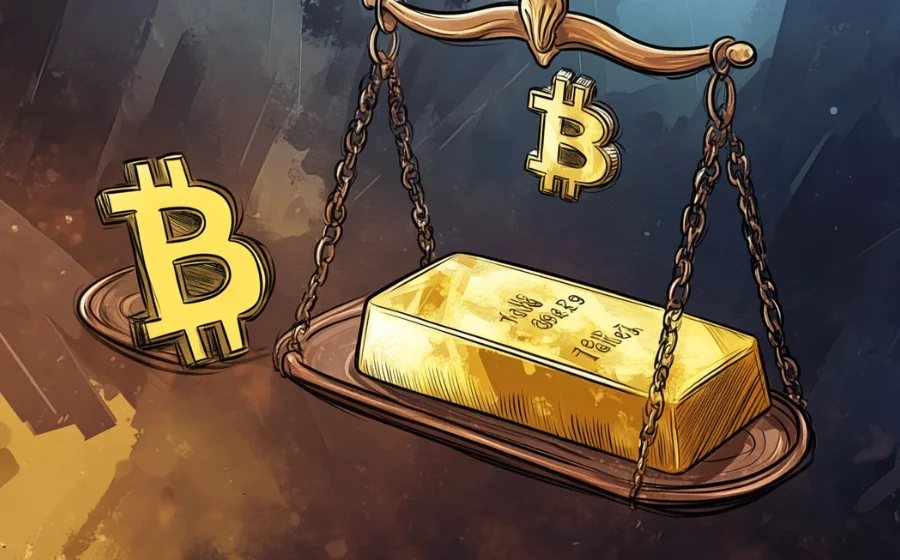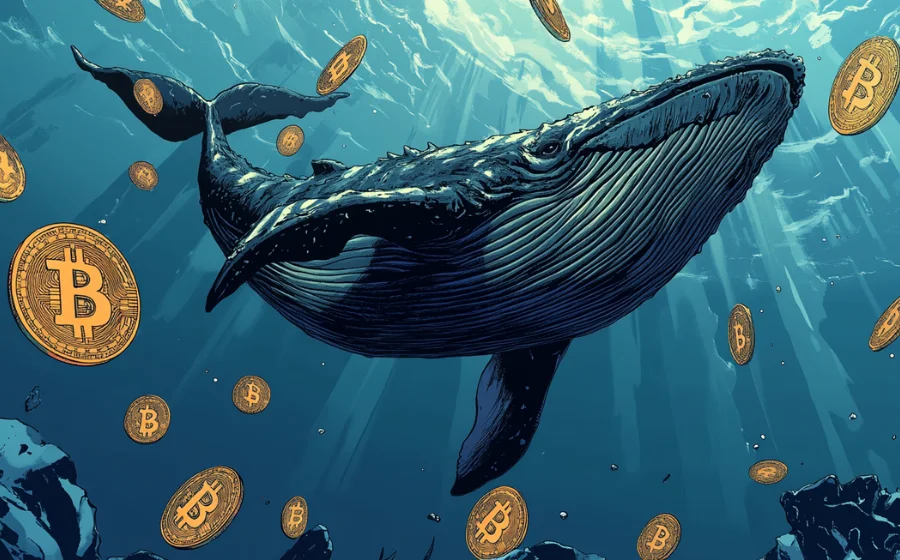
KEYTAKEAWAYS
- Exchange tokens enhance user experience by offering trading fee discounts, governance rights, and exclusive access to new projects within the exchange ecosystem.
- Their value depends on the exchange's success, with growth factors such as user adoption, liquidity, and service expansion playing a crucial role in their price appreciation.
- Despite benefits, risks exist, including dependency on the issuing exchange and centralization concerns, requiring careful investment consideration and research.

CONTENT
Learn what exchange tokens are, their value, applications, and key advantages. Learn how they provide fee discounts, governance rights, and ecosystem participation for crypto investors.
WHAT ARE EXCHANGE TOKENS?
When we talk about exchange tokens, we are referring to digital assets issued by cryptocurrency exchanges.
These tokens are primarily designed for use within the exchange’s ecosystem, serving purposes such as trading, paying transaction fees, and participating in exclusive promotions.
The value of exchange tokens is closely tied to the success and adoption of the exchange itself.
As exchanges expand their services, the utility of exchange tokens continues to evolve. Beyond internal transactions, they may offer governance rights, staking rewards, and even cross-platform applications.
Investors often assess factors such as the exchange’s growth, user engagement, and the token’s practical utility within the platform to determine its long-term value.
➤ Major Exchange Tokens Overview
Issued by Binance, BNB is widely used for trading fee discounts, participation in Binance Launchpad projects, and staking rewards.
It is also integrated into the BNB Chain ecosystem, supporting DeFi, NFTs, and other blockchain applications.
OKB, issued by OKX, provides users with trading fee discounts, access to OKX Jumpstart projects, staking opportunities, and loan collateral options.
It is closely linked to the OKChain ecosystem, which powers various decentralized applications.
Gate.io’s native token, GT, offers trading fee discounts, VIP privileges, and access to Gate.io Startup projects. It operates on the GateChain blockchain, which supports various DeFi applications and enhances asset security.
BGB, issued by Bitget, is used for fee reductions, futures trading collateral, and participation in Bitget Launchpad projects. It is deeply integrated with Bitget Wallet, enabling multi-chain trading and Web3 applications.
UNI is the governance token of Uniswap, a leading decentralized exchange (DEX). Holders can vote on protocol upgrades, participate in liquidity mining, and engage in various DeFi applications.
CAKE is the native token of PancakeSwap, a popular DEX on the Binance Smart Chain (BSC). It offers staking rewards, fee discounts, governance rights, and NFT marketplace participation, making it a key asset in the BSC ecosystem.
XLM is the native token of the Stellar network, primarily used for cross-border payments, liquidity bridging, and decentralized exchange functionalities. It enables fast and low-cost financial transactions globally.
These exchange tokens provide benefits such as reduced fees, governance participation, and ecosystem engagement.
Whether used on centralized or decentralized exchanges, they offer investors valuable opportunities to maximize their crypto experience and potential returns.
>>> More to read: What Are Leveraged Tokens? A Beginner’s Guide
WHY DO EXCHANGE TOKENS HAVE VALUE?
The value of exchange tokens is primarily driven by the growth and success of the cryptocurrency exchange that issues them.
Similar to purchasing company stocks, investors in exchange tokens often evaluate the overall performance of the exchange.
Factors such as attracting more users, expanding the variety of trading pairs, enhancing liquidity, and providing an exceptional trading experience all contribute to increasing the value of these tokens.
Take Binance’s exchange token, BNB, as an example. When it was first launched in 2017, BNB was priced at just $0.15.
With Binance’s rapid expansion and widespread adoption by users worldwide, the price of BNB surged to $278.21 by 2023—an astonishing 1,854-fold increase.
As of 2025, BNB has further risen to $700, reflecting the remarkable growth fueled by Binance’s success, strong user base, and market trust.
Binance’s achievements have solidified BNB as one of the most valuable and influential exchange tokens in the market.
As the cryptocurrency market continues to evolve, exchanges are constantly innovating to expand the utility of exchange tokens, providing more benefits to holders and reinforcing their position within the broader blockchain ecosystem.
>>> More to read: What is Altcoin & Altcoin Season?
EXCHANGE TOKENS APPLICATIONS
Exchange tokens offer a wide range of applications that not only enhance the user experience but also strengthen the exchange’s ecosystem. Some of the most common use cases include:
1. Trading Fee Discounts
Many exchanges allow users to pay transaction fees using exchange tokens, often providing discounts or special incentives for token holders.
This helps reduce trading costs and encourages token adoption.
For instance, Binance’s BNB token offers tiered discounts on trading fees, making it more attractive for frequent traders.
2. Voting Rights and Governance
Some exchanges grant governance rights to exchange token holders, enabling them to participate in key decision-making processes.
This includes voting on new token listings, fee adjustments, and other important platform policies.
Such governance features empower users to influence the future development of the exchange, adding intrinsic value to the token.
3. Exclusive Access to New Projects
Holding exchange tokens often provides users with early or exclusive access to high-potential projects through platforms such as Launchpads and Initial Exchange Offerings (IEOs).
Token holders may enjoy lower prices or even free airdrops of new tokens.
For example, Binance Launchpad allows BNB holders to purchase new project tokens at a discounted rate, offering significant potential returns.
4. Participation in Ecosystem Development
Some exchange tokens extend beyond the exchange itself and serve as the backbone of a broader blockchain ecosystem, allowing holders to engage with decentralized applications (DApps) and various blockchain projects.
Notable examples include Binance’s BNB Chain and Bitget’s BGB token ecosystem, which includes platforms like Bitget Wallet.
These ecosystems expand the token’s utility into areas such as DeFi (Decentralized Finance) and NFT marketplaces, further increasing their value and appeal.
As exchanges continue to innovate and expand their services, the applications of exchange tokens are expected to grow, offering users more benefits and opportunities while driving the evolution of the cryptocurrency market.
>>> More to read: What Is Memecoin And Why Are They Popular?
EXCHANGE TOKENS ADVANTAGES & DISADVANTAGES
Whether exchange tokens are worth investing in depends on an individual’s investment preferences and a thorough understanding of their pros and cons. Below are some key factors to consider:
➤ Advantages of Exchange Tokens
1. Additional Benefits
Holding exchange tokens often grants users special privileges provided by the exchange, such as discounted trading fees, priority access to exclusive projects, and eligibility for airdrops.
These perks can significantly enhance the overall trading experience and reduce costs.
2. Resilience During Bear Markets
Compared to other cryptocurrencies, exchange tokens tend to be more resilient during bear markets.
While most assets might experience sharp declines, the demand for exchange services often remains stable, helping these tokens maintain relative value.
➤ Disadvantages of Exchange Tokens
1. Dependency on the Exchange
The value of exchange tokens is closely tied to the performance and reputation of the issuing exchange.
If the exchange encounters operational difficulties or loses market trust, the token’s value can plummet. A prime example is the collapse of FTX, which led to the downfall of its native token, FTT.
2. High Centralization
Exchange tokens are often highly centralized, with the majority of tokens held by the exchange itself, its internal team, or affiliated institutions.
This centralized distribution can raise concerns about potential market manipulation and lack of decentralization, limiting the token’s broader appeal in the crypto space.
➤ Exchange Tokens Conclusion
Investing in exchange tokens can be advantageous due to their utility and resilience, but it’s crucial to carefully assess the risks associated with their centralized nature and dependence on the issuing exchange.
Potential investors should conduct thorough research and align their investment strategies with their risk tolerance and market outlook.


















